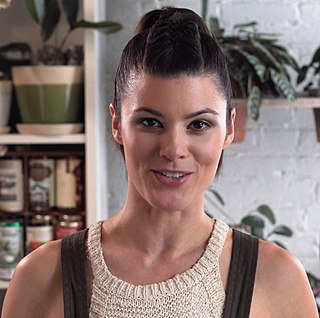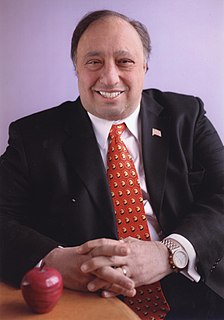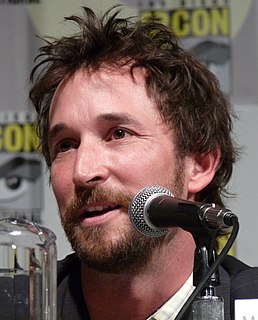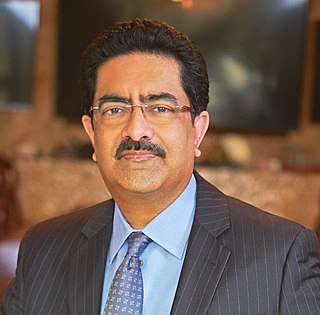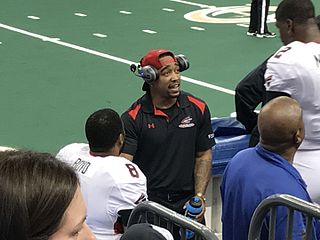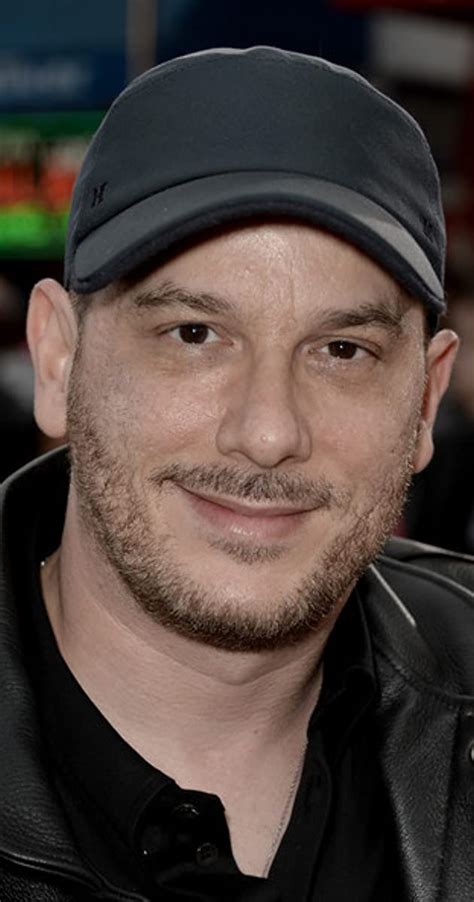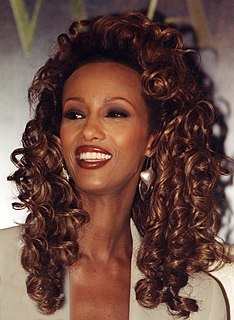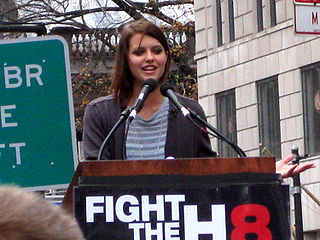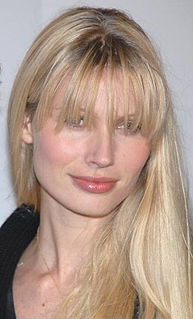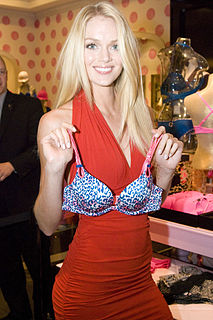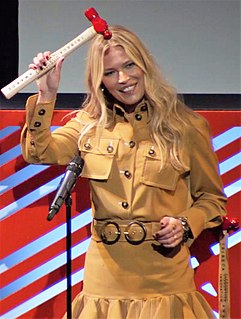A Quote by Summer Rayne Oakes
Companies doing "business as usual" have to get baseline data on their impact and simultaneously understand what the impacts are. The larger the company, the more challenging that can be - so I empathize with the arduousness of the process. But it can be an exciting and rewarding challenge for all those involved, particularly when you can show progress.
Related Quotes
There are companies that are good at improving what they're already doing. There are companies that are good at extending what they're doing. And finally there are companies that are good at innovation. Every large company has to be able to do all three - improve, extend, and innovate - simultaneously.
Companies that actually survive and flourish are going to change their business model from production to aggregating the networks and the network services and solutions. If you're a construction company or an IT company or a logistics company or an information data operation, to the extent that you can find ways to help build the commons, you can get some commercial value in that.
Competing companies evolve toward efficiency as the more efficient ones profit and expand while those who fall behind fail. And companies being efficient and profiting under the Health Impact Fund, this is exactly what we want, because the company's profit is directly driven by the health impact its registered products achieve.
We get more data about people than any other data company gets about people, about anything - and it's not even close. We're looking at what you know, what you don't know, how you learn best. The big difference between us and other big data companies is that we're not ever marketing your data to a third party for any reason.
It’s a similar feeling from being in a community of punk rockers as a teenager and the feeling I still get today when I’m in a community of skeptical scientists. The idea with both is that you challenge authority, you challenge the dogma. You challenge the doctrine in order to make progress. The thrill of science is the process. It’s a social process. It’s a process of collective discovery. It’s debate, it’s experimentation and it’s verification of claims that might be false. It’s the greatest foundation for a society.
One of the myths about the Internet of Things is that companies have all the data they need, but their real challenge is making sense of it. In reality, the cost of collecting some kinds of data remains too high, the quality of the data isn't always good enough, and it remains difficult to integrate multiple data sources.
The design and creative side is not a problem, but learning how to run a company as a young creative has been challenging. There is so much more on the business side than I ever considered when I first started making jewelry in my kitchen. It has been a challenge keeping up with the company's success, and I have had to learn from my and others' mistakes as I go.
I had never met an actress or an actor when I thought that I might like to be one. I had never been around people in show business or from the theater or from movies or anything. And I say that as an encouragement, I don't know some people who want to be doing what I'm doing or be involved in film. You don't have to be from it to get interested and get involved. I certainly wasn't.
Some kids have never seen what a real tomato looks like off the vine. They don't know where a cucumber comes from. And that really affects the way they view food. So a garden helps them really get their hands dirty, literally, and understand the whole process of where their food comes from. And I wanted them to see just how challenging and rewarding it is to grow your own food, so that they would better understand what our farmers are doing every single day across this country and have an appreciation for ... that American tradition of growing our own food and feeding ourselves.
